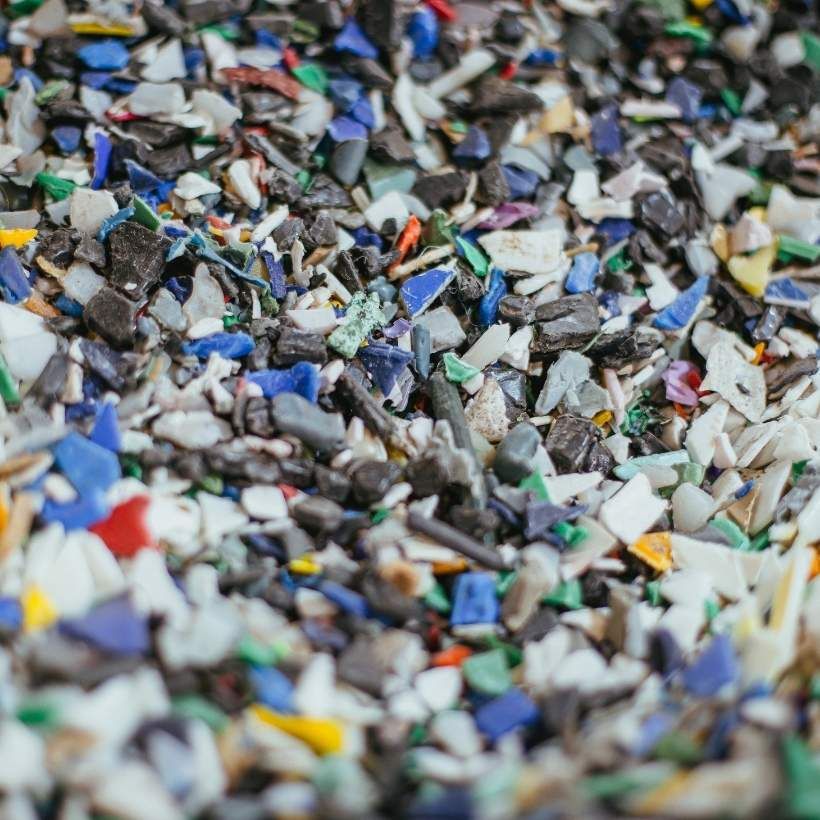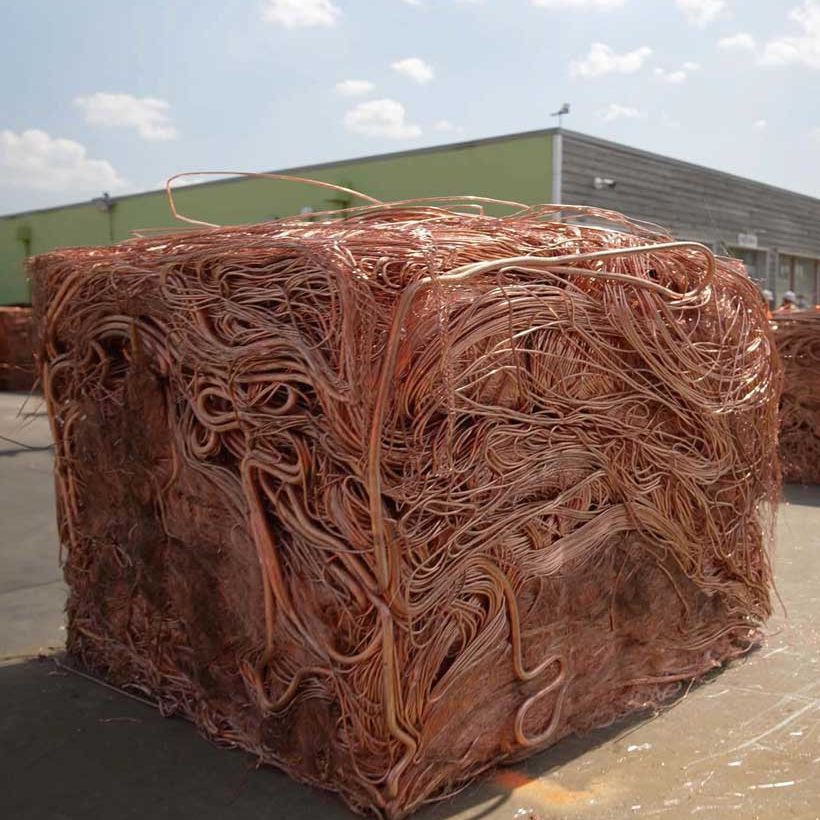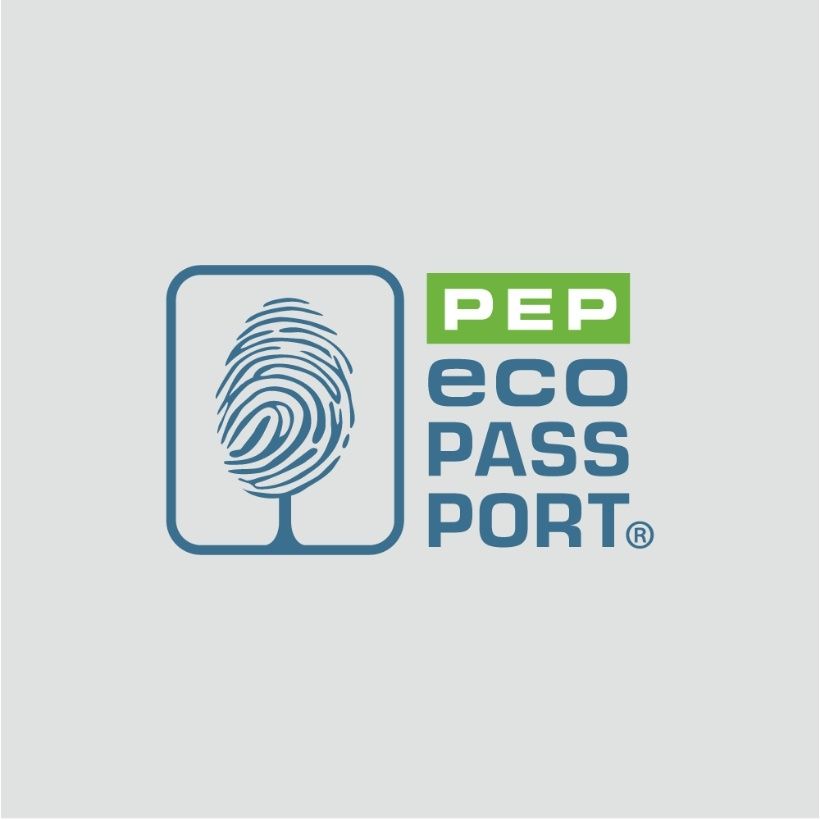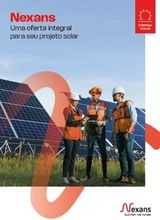- Markets
- Products
- Services and Solutions
- About Nexans
- People and Carreer
- News
- Certificates and Documents
- Nexans Insights
- Search
- Contact us
- Compare
- Sign in
Program - United for the Environment
How can Nexans help your company comply with Law No. 15.042/2024?
Since 2019, Nexans has been working to measure and reduce its own emissions, achieving a 40% reduction in CO₂ emissions. We are aligned with the goals of the Paris Agreement and the new Brazilian legislation.
Our sustainable offering is unique in the Brazilian market and is built on two main pillars:
-
Reduction of CO₂ emissions
-
Decrease in the use of virgin raw materials
The use of recycled plastics also contributes to reducing CO₂ emissions, but the challenge goes beyond that. Currently, the main raw material for producing plastics comes from fossil sources, and most of this material ends up accumulating in landfills or in the oceans. (Source: UNEP)
Nexans’ proposal is to reuse existing plastic, giving new utility to this accumulated material instead of producing new plastics from other raw materials. This approach is aligned with the principles of the circular economy, promoting more sustainable and efficient solutions.


Copper is an essential metal for the energy transition. The consumption of this metal will increase, and recycling is crucial. In Brazil, the challenge is twofold:
-
To increase the recycling of this metal in the country.
-
To ensure the collection of legally sourced copper. For this reason, our suppliers are selected, audited, and must prove the origin of the metal.
CABLELOOP offers customers the opportunity to add value to cable scraps from a project through cashback, while improving the financial results of their projects.
The PEP ECOPASSPORT® certificate is an internationally recognized environmental declaration. It presents the environmental impact of an electrical product throughout its entire life cycle: from raw material extraction, through production and use, up to end of life. It is based on ISO standards and follows specific rules for the electrical sector.
This is the certificate our customers will use to measure their CO₂ emissions and to demonstrate, in a transparent way and verified by third parties, that our products have a lower environmental impact. It also serves as a technical argument in tenders, sustainable projects, and with clients who require proof of environmental performance. Furthermore, this is the certificate they will need to comply with the new law starting in 2026.

What is SBCE and why does it impact your company?
In December 2024, Brazil took a step forward toward sustainability by implementing Law No. 15.042/2024, which establishes the Brazilian Greenhouse Gas Emissions Trading System (SBCE). This legislation creates a regulated carbon market, setting clear rules for companies to reduce their CO₂ emissions and work toward the national Net Zero target by 2050.
How does SBCE work?
The system follows a cap-and-trade model:
-
The government sets a maximum emissions limit (cap) for economic sectors.
-
Each company receives an emissions quota.
-
Companies that emit less can sell credits to those exceeding their limit.
-
Companies that exceed their quota must purchase credits to compensate.
Who needs to participate?
-
Companies emitting more than 10,000 tons of CO₂ per year must report their emissions.
-
Above 25,000 tons, it is mandatory to reduce emissions or purchase carbon credits.
When does the law take effect?
The system will be fully implemented by 2026, with all rules in force from that date onward.
Why is Law No. 15.042/2024 essential for your company?
Obligations and Responsibilities
-
Rigorous monitoring and constant reporting of greenhouse gas emissions.
-
Implementation of environmental management systems and carbon inventories.
Economic and Fiscal Incentives
-
Benefits for companies investing in low-carbon technologies, energy efficiency, and circular economy.
-
Reduction of tax burdens for those who certify and trade carbon credits.
New Business Opportunities
-
Competitive advantage in public tenders and international contracts.
-
Access to ESG investors and international carbon markets.
Potential for Additional Revenue
-
Sale of surplus carbon credits in regulated or voluntary markets.
-
Development of sustainable projects, such as clean energy and reforestation.
Penalties for Non-Compliance
-
Fines, suspension of activities, and risks to corporate reputation.
Enhanced Reputation and Engagement
-
Strengthen your brand with ESG practices and attract conscious consumers and investors.
Documentation
Our websites
Select your country to find our products and solutions
-
Africa
- Africa
- Ghana
- Ivory Coast
- Morocco
- North West Africa
- Americas
- Asia
- Europe
- Oceania


